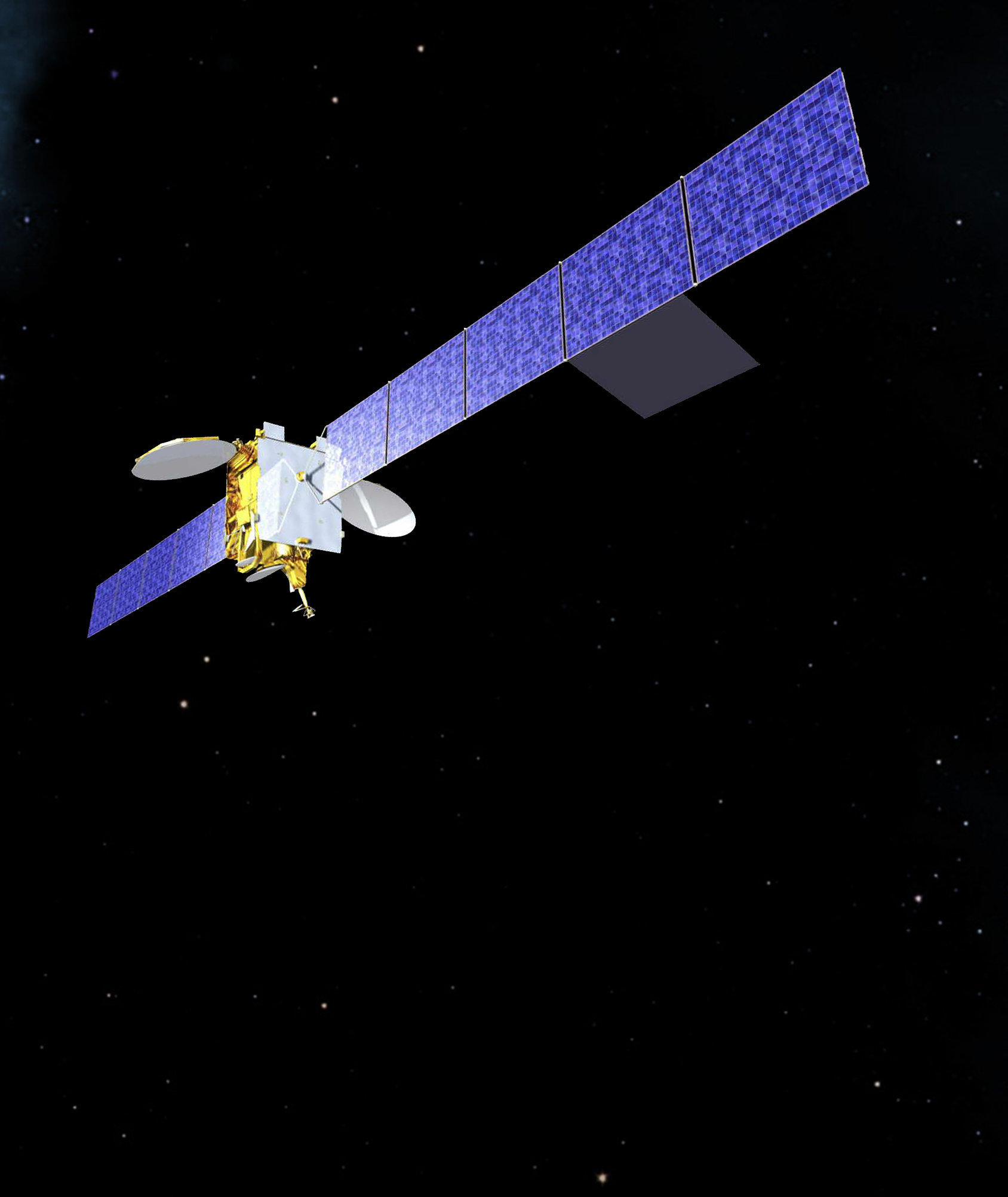Inmarsat Looks to Greece to Replace Dutch 3.5GHz Site
18th May 2022
London-based Inmarsat released a statement on 13th May regarding the report by The Netherland’s Advisory Committee on 3.5GHz Communication. The report to the Dutch Ministry of Economic Affairs and Climate recommended that emergency communications begin later in 2022. Telephony services should begin on a limited frequency range if Inmarsat is still using the 8.5cm band then. The Advisory Committee noted Inmarsat’s unique contribution to maritime and aviation safety services. It recommended accommodating the company during its effort to vacate the frequency band.
Inmarsat operates a satellite-fed services centre in Busum in Friesland. However, the Dutch government is allocating the 3.5GHz band to 5G telephony use. As a result, Inmarsat is in negotiations with the Greek government for the relevant licensing.
According to the press release, “Inmarsat will continue to operate in the current spectrum from Burum before moving operations – but not people – to a new location outside the Netherlands once a licence elsewhere is confirmed. Inmarsat is working with the authorities in Greece to secure a licence to operate there.”
Inmarsat and its greater concerns
The company is working on a replacement for its Dutch 3.5GHz site. However, Inmarsat has concerns about what is happening in the space environment. On 26th April, Inmarsat CEO Rajeev Suri voiced concerns about plans for mega-constellations of satellites by companies such as StarLink.
Speaking at the Royal Aeronautical Society’s Towards a Space Enabled Net Zero Earth conference, Suri noted that the plans of companies such as StarLink and One Web put space programs into uncharted territory.
Reuters reports that Suri pointed to issues connected to the short lifetimes of the satellites in these constellations, which could number in the tens of thousands.
“The resulting debris creates hazards not just in a particular orbit, but for anything passing through that orbit. We simply do not yet understand all the risks this creates and do not yet have all the technologies needed to manage the situation effectively.”
Currently, Immarsat runs a constellation of 14 satellites.






Thank you for your comment! It will be visible on the site after moderation.